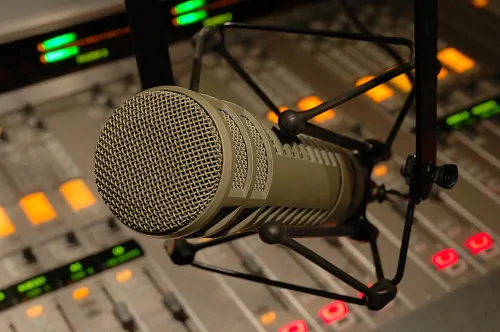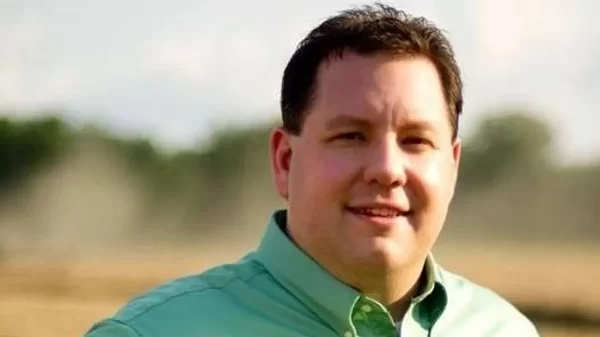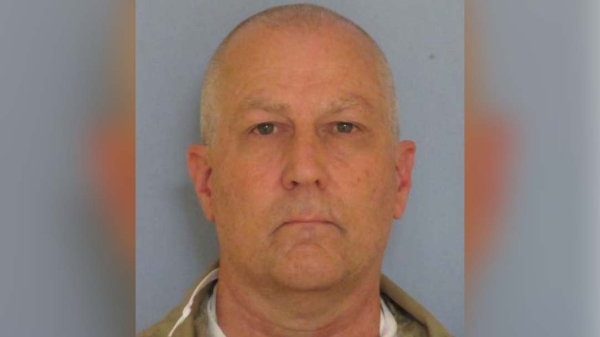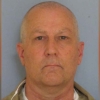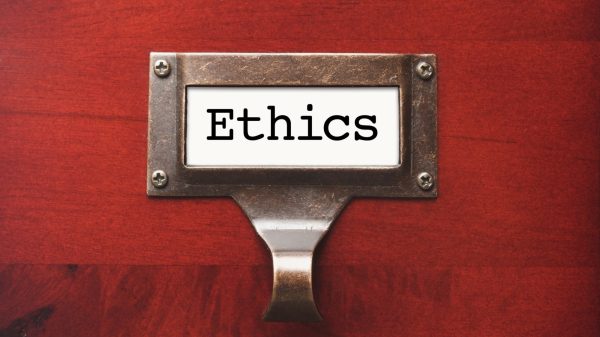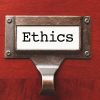By Bill Britt
Alabama Political Reporter
MONTGOMERY— Huntsville-based radio host, Dale Jackson recently released a tape of an “off the record” conversation between he and Matt Hart, who serves as a prosecutor in the case against Speaker of the House Mike Hubbard. Jackson, as well as Hubbard’s attorneys and allies, would have the public believe that there is something nefarious or even illegal about the conversation.
Jackson said, he published the tape because Hubbard’s attorneys had subpoenaed the recording after they “somehow” found out about it existence.
Since the publication of the tape, it has also been reported that radio hosts, Matt Murphy and Leland Whaley have also received subpoenas from Hubbard’s attorneys.
These three men have friendly relationships with Hubbard and former Gov. Bob Riley. Jackson and Murphy also work under the corporate umbrella of Cumulus Media, who, in Alabama, have rights to broadcast Auburn sports, with which Hubbard is affiliated. According to Whaley’s web post, “Mike Hubbard is a friend of 19 years and former business partner.” He also lists that he served as a “key campaign manager for Bob Riley’s successful 2002 race for Governor.”
There is wide speculation that the subpoenas and the recordings are a part of an overall media strategy coming from the Hubbard camp.
His attorney, J. Mark White has a reputation for using the media as a canvas on which to paint his clients defense. As far back as October 2013, White began using the media to portray Hubbard as an innocent man who had been libeled by “others” with malicious intent. Then, White said his client is a victim, and in a three-page press release, in the guise of a report, he is turned to those whom he refers to as “the legitimate press” to set the record straight.
Just days before his indictment, Hubbard hired a public relations firm to ramp-up the PR blitz, holding pep rallies, calling his indictments a political witch hunt and more.
Jackson has been one of the more vocal proponents of the political prosecution theory proffered by Hubbard and White. He has stated publicly that he believes the case is political motivated.
On the tape, Hart appears to counter that argument in much the same way that Acting Attorney General in the Hubbard case W. Van Davis did in a press statement, addressing what he called, “several false allegations,” made by Hubbard and his attorneys.
A closer inspection of the tape reveals no new information about the case against Hubbard. However, it does reveal a very clear picture of a politically conservative prosecutor trying to encourage honest reporting.
The tape, at just over 52 minutes long, sounds more like a Master’s class in pubic corruption and how the system should work, yet, somehow, Jackson thinks it is further proof, “that there are folks in the AG’s office who are conducting political operations,” as he posted on his website.
(See Dale Jackson’s website here.)
The conversation between Jackson and Hart occurred on a Sunday, and according to Jackson, on October 26, 2014, with Jackson presumably returning a call from Hart.
Hart begins by saying he wants to set some ground rules for the conversation:
“Now before we talk, I want to understand our ground rules, if you will, because I’ve got certain limitations on what I can say to journalists or commentators or whoever somebody is. And some of them, you know, might not want to accept that and that’s fair enough. I understand that. But can we speak off the record, not for attribution, et cetera? Can we do that?”
To this request Jackson say, “Sure, sure.”
Hart follows his off-the-record request stating, “ I would never deny anything I said, you know, in front of like a court or something like that. And I’m not going to break a rule and disclose something I shouldn’t disclose.”
With these caveats in place, Jackson promises to keep his word, yet later found a justification to break it.
According to Associated Press rules, “off-the-record” information “cannot be used for publication.”
Jackson used the Hubbard subpoena as justification for breaking the rules. He said, “It is going to be public record anyway. I figure, I might as well share it with you before anyone else puts their spin on it and shares the raw audio…”
His assertion that the tape would go into the “public record” is wrong and misleading, according to several attorneys who spoke on background.
On November 18, Davis released a statement to correct “several false allegations” made by Hubbard and his attorneys, most notably J. Mark White.
On that same day, White filed a motion with the Lee County Court demanding that Hubbard be allowed to “Inspect and to copy any written or recorded conversations between any members of the media and any members of the Attorney General’s office.”
After Hubbard’s request for “recorded conversations between any members of the media and any members of the Attorney General’s office,” Jackson posted on the web that he knew of someone who had been contacted by the AG’s office.
Almost a month to the day on December 19, Jackson posted his taped conversation with Hart, asserting that it was an act of “Intimidation and an attempt to influence an election.”
On December 19, Jackson also wrote, “Somehow Mike Hubbard’s attorney found out about the conversation and asked for a tape, if I had one, I believe others were called as well. I don’t know if there are more tapes out there.”
Whaley, who is a radio host and station manager at Crawford Broadcast’s Super Station 101 WYDE, received an “off-the-record” call from Hart and a subpoena from Hubbard’s attorneys. However, he chose a different route than Jackson saying,
“I will not release or broadcast my recording based on my agreement with the prosecutor. To do so would violate ethical standards I have not breached in the 32 years of my broadcast and political career.”
He received a call from Hart on October 21, two days after Jackson’s. Whaley, states that he and Hart taped the conversation and that he would only release the recording to the court if the, “defense team and the prosecution team decide if the recording has any evidentiary value.”
Davis answered Hubbard’s request for recorded conversations between any members of the media and any members of the Attorney General’s office, by showing that the records are not “discoverable,” under Rule 16.1 of the Alabama Rules of Criminal Procedure.
It will be up to trail Judge Jacob Walker III to decide if the tapes have any relevance.
As for radio host Murphy, it appears, he did not speak with Hart but did receive a subpena from White.
Only the three radio “talkers” have acknowledged receiving subpoenas at this point, it appears that no one else in the media has received a subpoena or revealed any conversations with Hart.
As an aside, in the tape recording made by Jackson, he seems overly concerned with this reporters coverage of Hubbard and how I obtain my information. Hard work, integrity and honest reporting that’s how it’s done.
This story was edited on Jan. 7, to state that Matt Murphy was not in contact with Matt Hart and that Leland Whaley works for Crawford Broadcasting.







































